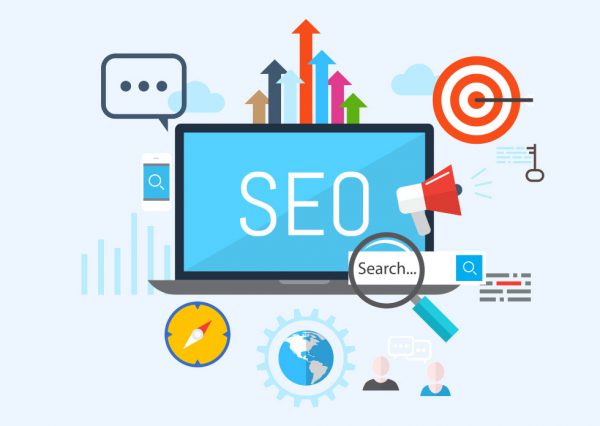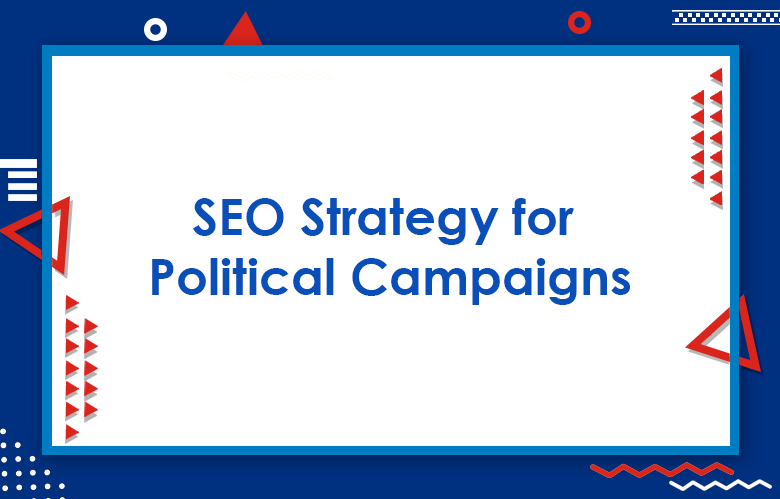In today’s digital landscape, having a strong online presence is crucial for businesses to thrive. Search Engine Optimization (SEO) plays a pivotal role in boosting your website’s visibility, driving organic traffic, and increasing your online success. This comprehensive guide will walk you through the fundamental strategies and best practices to unleash the power of your website through effective SEO.
What is SEO and Why is it Important?
Search Engine Optimization (SEO) is the process of optimizing your website to rank higher in search engine results pages (SERPs) organically. It involves various techniques to improve your website’s visibility, attract relevant traffic, and enhance user experience. SEO is essential because it helps potential customers find your website easily, increasing brand awareness and driving conversions.
How Search Engines Work
To understand SEO better, it’s crucial to grasp how search engines operate. Search engines use complex algorithms to crawl and index websites, determining their relevance and ranking. They consider factors like website structure, content quality, keywords, backlinks, user experience, and many more to deliver the most relevant results to users’ queries.
Keyword Research
The Importance of Keyword Research
Keyword research forms the foundation of successful SEO. It involves identifying the words and phrases people use when searching for information related to your business. By targeting the right keywords, you can optimize your website’s content and increase its visibility in search results.
Tools for Keyword Research
There are several powerful tools available for keyword research, such as Google Keyword Planner, SEMrush, and Moz Keyword Explorer. These tools provide valuable insights into search volume, competition, and related keywords, helping you identify the most relevant and effective keywords for your website.
On-Page Optimization
Enhancing On-Page SEO Factors
On-page optimization focuses on optimizing individual web pages to improve their visibility and relevance to search engines. It involves various factors, including title tags, meta descriptions, URL structure, header tags, content optimization, image optimization, and internal linking.
Title Tags and Meta Descriptions
Title tags and meta descriptions play a crucial role in attracting clicks from search engine users. The title tag should be concise, descriptive, and include your target keyword. Meta descriptions provide a summary of your webpage’s content, enticing users to click through to your website.
URL Structure
Having a clean and descriptive URL structure helps search engines and users understand what your page is about. It’s advisable to include relevant keywords in the URL to improve its visibility.
Header Tags
Header tags (H1, H2, H3, etc.) organize the content on your webpage and make it more readable. They also provide search engines with a hierarchy of information, indicating the importance of different sections.
Content Optimization
Crafting High-Quality and Engaging Content
Creating high-quality, valuable content is a cornerstone of effective SEO. Your content should be well-researched, informative, and tailored to meet the needs of your target audience. By producing engaging and shareable content, you can attract more traffic and earn backlinks naturally.
Keyword Placement and Density
Strategically incorporating target keywords throughout your content helps search engines understand its relevance. However, it’s crucial to maintain a natural flow and avoid keyword stuffing, which can negatively impact user experience and rankings.
Optimizing for Featured Snippets
Featured snippets are concise answers displayed at the top of search results. Optimizing your content to appear in featured snippets can significantly increase your website’s visibility and drive more traffic.
Image Optimization
Enhancing Image Visibility and Performance
Images are an essential part of web design, but they can also impact your website’s SEO. Optimizing images by compressing their file sizes, adding alt tags, and providing descriptive filenames can improve your website’s visibility in image search results.
Alt Tags and Descriptive Filenames
Alt tags describe the content of an image to search engines, making it easier for them to index and understand the image. Using descriptive filenames also provides additional context to search engines.
Internal Linking
Navigating Users and Search Engines
Internal linking involves linking relevant pages and content within your website. It helps users navigate your website and improves search engine crawlability, leading to better indexing and ranking.
Anchor Text Optimization
Using descriptive and keyword-rich anchor text for internal links provides additional context to search engines about the linked page’s content. It also helps users understand where the link will take them.
User Experience and Mobile Optimization
Delivering a Seamless User Experience
User experience is crucial for both search engines and website visitors. A well-designed, intuitive website with fast loading times, easy navigation, and mobile responsiveness positively impacts user engagement and search rankings.
Mobile Optimization
With the increasing use of mobile devices, optimizing your website for mobile is vital. Responsive design, fast loading speed, and mobile-friendly features enhance user experience and contribute to better mobile search rankings.
Site Speed and Performance
The Need for Speed
Website speed is a critical factor in SEO. A slow-loading website can frustrate users and negatively impact search rankings. Optimizing your website’s code, compressing images, and leveraging caching techniques can significantly improve its loading speed.
Google Core Web Vitals
Google’s Core Web Vitals are a set of metrics that measure the overall user experience of a website. They include loading speed, interactivity, and visual stability. Complying with these metrics can positively impact your website’s search visibility.
Backlinks and Off-Page Optimization
Building Authority and Trust
Backlinks are links from other websites that point to your website. They play a crucial role in establishing your website’s authority, trustworthiness, and improving search rankings. Off-page optimization involves techniques to acquire high-quality backlinks naturally.
Guest Blogging and Influencer Outreach
Guest blogging on reputable websites and collaborating with influencers in your industry can help you gain valuable backlinks and exposure. Building relationships with influencers and providing high-quality content can lead to organic backlinks and increased visibility.
Social Media and SEO
The Social Connection
Social media and SEO are interconnected. While social signals themselves may not directly impact search rankings, social media platforms provide an opportunity to promote your content, engage with your audience, and attract natural backlinks.
Social Sharing and Engagement
Encouraging social sharing and engagement with your content increases its reach and visibility. When your content gets shared and linked on social media platforms, it can generate more traffic and potential backlinks.
Measuring and Tracking SEO Success
Analyzing Performance and Optimizing Strategies
Measuring the effectiveness of your SEO efforts is crucial to ensure you’re on the right track. Using tools like Google Analytics and Google Search Console, you can track key metrics, identify areas for improvement, and refine your SEO strategies accordingly.
Conclusion
In this ultimate SEO guide, we’ve covered the essential strategies and best practices to unleash the power of your website. By understanding SEO, conducting thorough keyword research, optimizing on-page elements, focusing on content quality, and implementing off-page optimization techniques, you can significantly improve your website’s visibility, attract organic traffic, and achieve online success.


